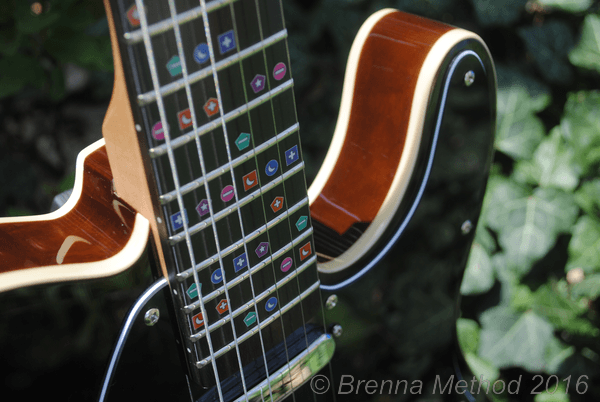bIn the September 14, 2007 issue of the New Yorker, the eminent neurologist and author Oliver Saks published an article entitled “The Abyss”, about the English musicologist Clive Wearing. (This article also appears as a chapter in Saks’ new book “Musicophilia”.) In 1985, Wearing was struck by a brain infection which left him with an extreme form of amnesia – a memory span of only seconds together with a deletion of virtually his entire past. Remarkably, Wearing retained “virtually perfect preservation of … musical powers and memory.” It begs the question: “how does he retain his remarkable knowledge of music, his ability to sight-read, play the piano and organ, sing, and conduct a choir in the masterly way he did before he became ill?”
Saks says that Wearing’s case makes it clear that “two very different sorts of memory could exist: a conscious memory of events (episodic memory) and an unconscious memory for procedures; and that procedural memory is unimpaired in amnesia.” Further describing procedural memory, Saks says “it is all-important that the remembering be literal, exact … repetition and rehearsal, timing and sequence are of the essence here.” Rodolfo Llinas, another neuroscientist, uses the term “fixed action pattern” (FAP) for such procedural memory. The implications of the existence and role of procedural memory for effective practice are huge. It explains why some practice – hurried, inexact, riddled with errors – is far worse than ineffective, it accomplishes negative results. Whereas practice in which a musician begins slowly and patiently, working in order through the steps of gaining familiarity, accuracy, rhythm, and finally speed, so that each repetition of a section of music is played with perfection, yields consistent and easy execution of even the most highly demanding music.
Philip Toshio Sudo, in his book “Zen Guitar”, points out that practice does not make perfect; only perfect practice makes perfect. The reason for this lies in the role of procedural memory and its karmic implications: What you do, you are likely to repeat. With practice this likelihood increases with each repetition – either of mistakes, or of accurate playing. That is why it is so critical to practice slowly and carefully. Accuracy is the primary goal to be achieved during practice. In musical pieces of moderate or greater difficulty, other aspects of performance – timing, speed, expression – are only possible once an accurate performance has been lodged in procedural memory. Then the performer can let go, allowing the music to unfold from her hands without effort, while giving herself over entirely to the sensitivity and feeling of the music itself.
© 2008 Brenna Method

